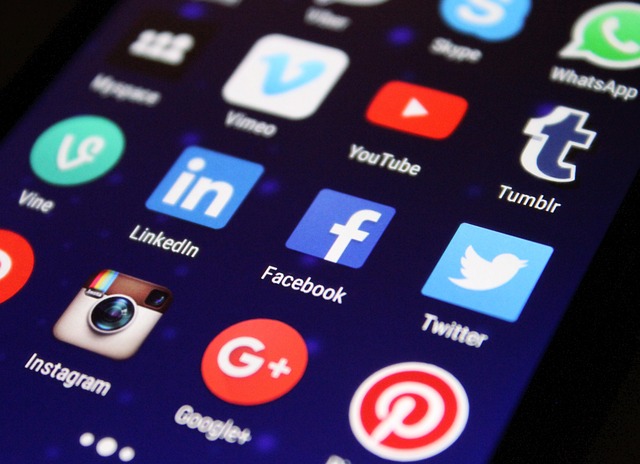The advent of the digital age has given rise to a plethora of social platforms, dramatically transforming our interaction with one another and with the world around us. These platforms have become more than just tools for communication; they are influential entities that shape social trends, cultural movements, and even global events. Understanding the impact of these social media networks is crucial in grasping how they mold our present and future.
At the heart of every social platform lies a community—a space where voices can be amplified and ideas can flourish. The immediacy of social media has changed how we share information. News is no longer relegated to the constraints of traditional journalism; it now emerges in real-time, sometimes even before it officially breaks in mainstream media outlets. This instantaneity creates a ripple effect where information can spread rapidly, changing perceptions and influencing behaviors.
Moreover, the rise of visual content on platforms like Instagram and TikTok has shifted focus from purely textual storytelling to a more immersive experience. The strategic use of images and videos allows users to express themselves in diverse ways, creating richer narratives and fostering deeper connections. This trend signifies a growing preference for content that is not only informative but also visually appealing, reflecting a collective desire for authentic experiences.
The role of social platforms in activism cannot be overlooked either. Movements like #BlackLivesMatter and #MeToo gained traction with the help of social media, demonstrating its power to mobilize individuals and inspire collective action. These instances highlight how social networks can serve as a catalyst for social change, making voices heard that may otherwise remain silenced. In a world where the boundaries of communication have seemingly dissolved, the power of social media transcends geography—uniting individuals with shared passions and goals.
However, the influence of social platforms is not solely positive; it comes with its own set of challenges. Issues such as misinformation, cyberbullying, and privacy concerns have emerged as significant downsides to the rapid growth of these networks. Users often find themselves grappling with the consequences of a digital footprint, raising questions about identity, authenticity, and mental health. As we navigate this complex landscape, it is essential to foster an environment of responsible social media usage, advocating for accountability from both individuals and platforms.
As we look to the future, the trajectory of social platforms appears set to evolve further. We can expect innovations in technology—such as augmented reality and artificial intelligence—to create even more engaging experiences. Brands and users alike must adapt to these trends to stay relevant and connected. The landscape of social media will continue to shift, influencing the ways we communicate, share, and connect.
In summary, the rise of social platforms has not only impacted how we consume information but has reshaped the very essence of community and interaction. With every post, share, and like, we participate in a larger narrative that reflects our values, interests, and concerns. The power of social media lies in its ability to connect us—creating networks of understanding and activism that can make a difference in our society.



